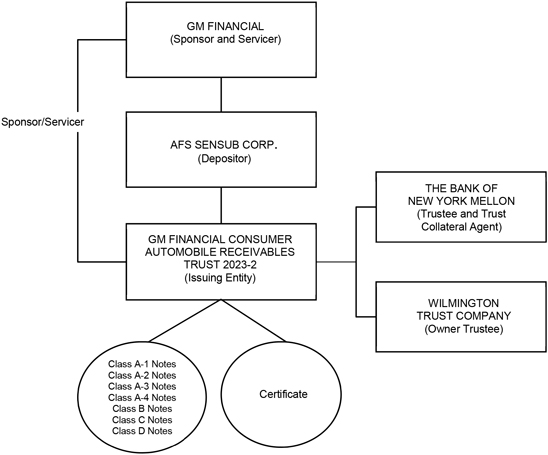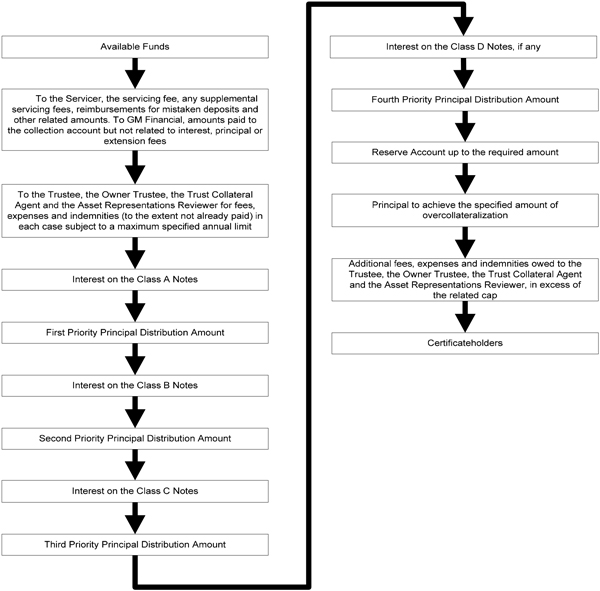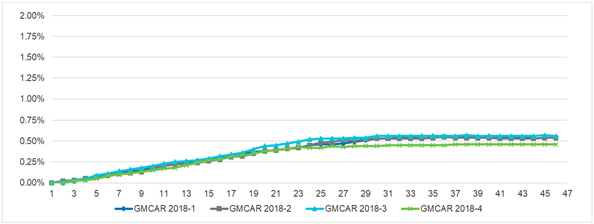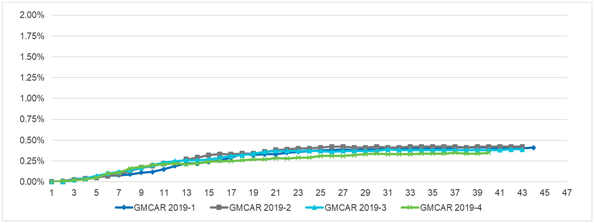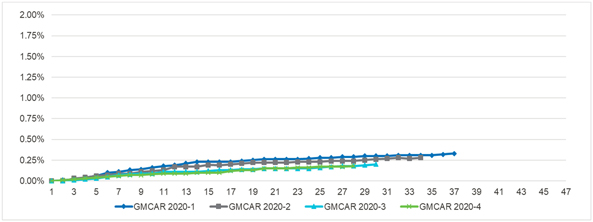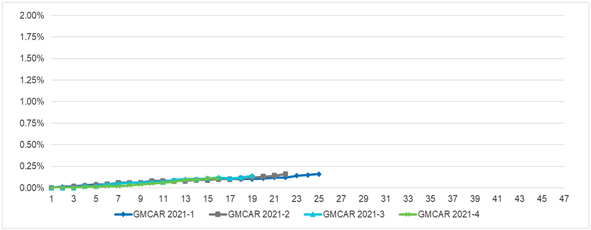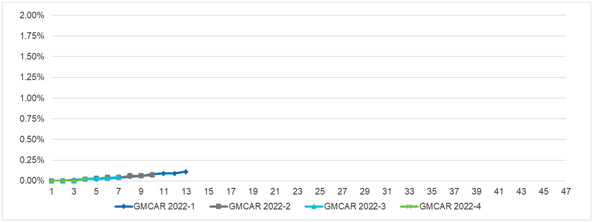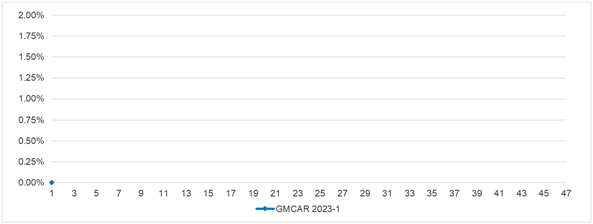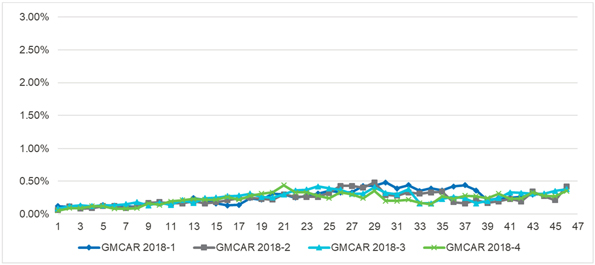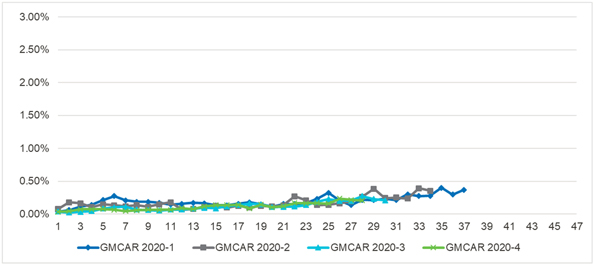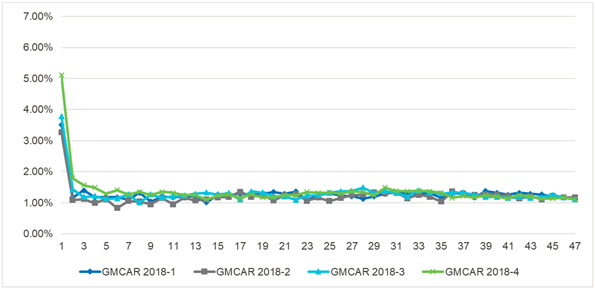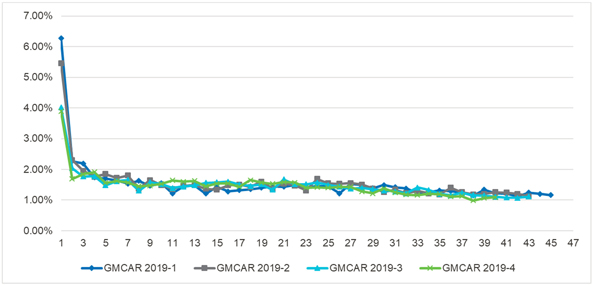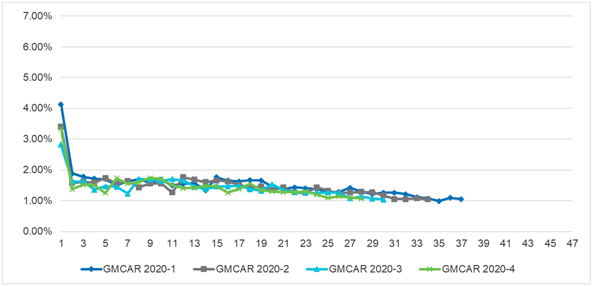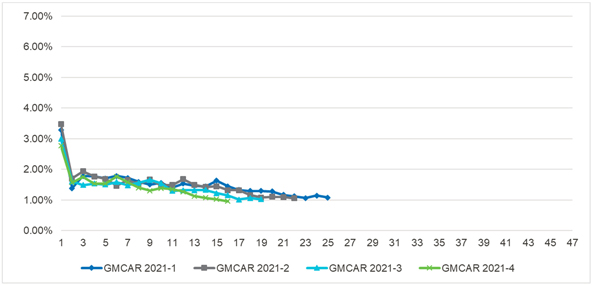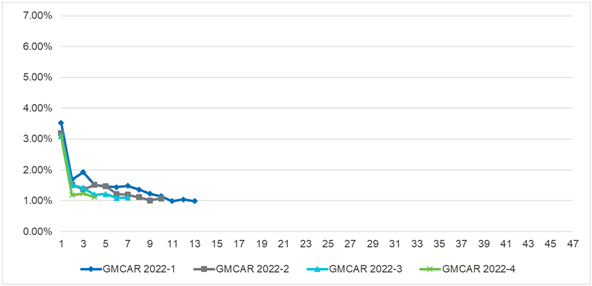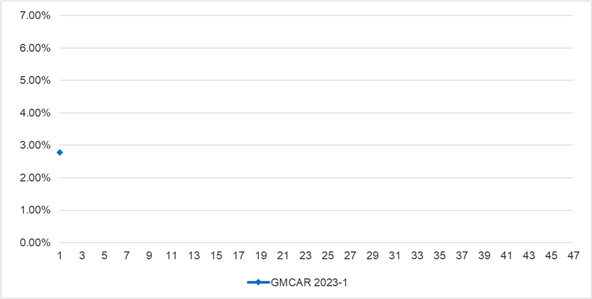FDIC’s Repudiation Power Under OLA
If the FDIC is appointed receiver of a company under OLA, the FDIC would have the power to repudiate any contract to which the company was a party if the FDIC determined that performance of the contract was burdensome and that repudiation would promote the orderly administration of the company’s affairs.
In January 2011, the Acting General Counsel of the FDIC issued an advisory opinion confirming that nothing in the Dodd-Frank Act changes the existing law governing the separate existence of separate entities under other applicable law, or changes the enforceability of standard contractual provisions meant to foster the bankruptcy-remote treatment of special purpose entities such as the depositor and the trust, and that, until the FDIC adopts a regulation, the FDIC will not exercise its repudiation authority to reclaim, recover or recharacterize as property of a company in receivership or the receivership assets transferred by that company prior to the end of the applicable transition period of any such future regulation, provided that such transfer satisfies the conditions for the exclusion of such assets from the property of the estate of that company under the U.S. federal bankruptcy laws.
The sponsor and the depositor intend that the sale of the automobile loan contracts by the sponsor to the depositor will constitute a “true sale” between separate legal entities under applicable state law. As a result, the sponsor believes that the FDIC would not be able to recover the automobile loan contracts using its repudiation power.
Although the advisory opinion does not bind the FDIC, and could be modified or withdrawn in the future, the opinion provides that it will apply to asset transfers which occur prior to the end of any applicable transition period adopted to implement future regulation addressing the FDIC’s repudiation authority under OLA. However, there can be no assurance that the FDIC will address its repudiation authority under OLA in future regulations or that future regulations or subsequent FDIC actions in an OLA proceeding involving the sponsor, the depositor or the issuing entity would not be contrary to this opinion.
If the issuing entity were placed in receivership under OLA, the FDIC would have the power to repudiate the notes. In that case, the FDIC would be required to pay compensatory damages that are no less than the principal amount of the notes plus accrued interest as of the date the FDIC was appointed receiver and, to the extent that the value of the property that secured the notes is greater than the principal amount of the notes and any accrued interest through the date of repudiation or disaffirmance, such accrued interest.
Material U.S. Federal Income Tax Consequences
General
Below is a description of the anticipated material U.S. federal income tax consequences of the purchase, ownership and disposition of the notes offered by this prospectus. This description is based on the Internal Revenue Code of 1986, as amended, the “Internal Revenue Code,” existing and proposed Treasury regulations, current administrative rulings, judicial decisions and other applicable authorities all as in effect as of the date of this prospectus, and all of which are subject to change, perhaps with retroactive effect. There are no cases or Internal Revenue Service, or “IRS,” rulings on similar transactions involving debt issued by a trust with terms similar to those of the notes. The IRS may challenge the conclusions reached in this description, and no ruling from the IRS has been or will be sought on any of the issues described below. Furthermore, legislative, judicial or administrative changes may occur, perhaps with retroactive effect, which could affect the accuracy of the statements and conclusions in this prospectus.
This description does not deal with all aspects of U.S. federal income taxation that may be relevant to the holders of notes in light of their personal investment circumstances nor, except for specific limited descriptions of particular topics, to noteholders subject to special treatment under the U.S. federal income tax laws, such as insurance companies, tax-exempt organizations, regulated investment companies, financial institutions or broker dealers, taxpayers subject to the alternative minimum tax,
111

